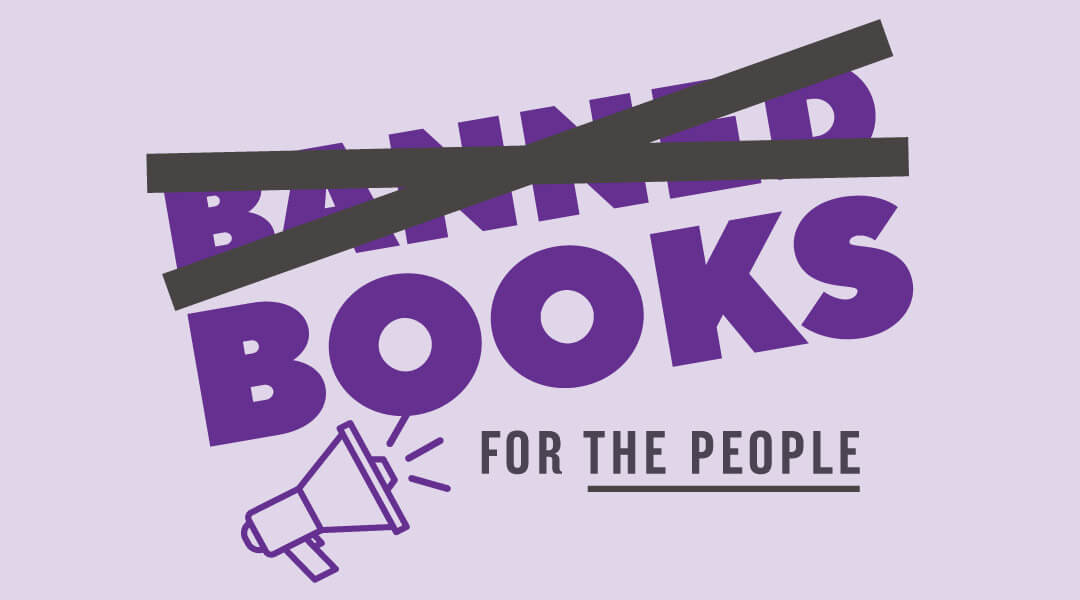Banned Books Week is an annual celebration of the freedom to read and, as detailed in this blog post, was co-founded by native Pittsburgher Judith Krug. It’s sponsored by the Office of Intellectual Freedom, part of the American Library Association.
Each year, we like to share information about why Carnegie Library of Pittsburgh recognizes Banned Books Week. We talk about the importance of unrestricted access to information and ideas. We point to our Collection Development and Management Policy which guides our decision-making, particularly noting that we strive to build collections that mirror and support the diversity of our community and provide “free access to all expressions of ideas through which any and all sides of a question, cause or movement may be explored.” We provide information about how patrons can share their concerns about items in our collection, including submitting a materials reconsideration request if they feel it is necessary. And we even talk about why such requests are not unwelcome. Generally speaking, it’s partly because, in our fortunate experience, those requests come from individuals who use our library and have a personal concern about an item they borrowed and read, watched or listened to from our collection.
Last year, we also shared information about an alarming increase in the number of book challenges schools and libraries are receiving, including through organized efforts, a trend that has continued into 2023. These challenges often come from individuals who have not read, watched or listened to the book(s) or other items they object to. These challenges sometimes come from individuals who do not live in the area the library serves, or who do not use the library. Sometimes, a library will receive requests about the same book from many different people.
We put careful consideration into what is added to CLP’s collections. We try to make the best decisions we can with the information that is available to us, all with the goal of building collections that reflect the diversity of our communities, offer multiple points of view on a topic, and support intellectual freedom. It is equally important to us to thoughtfully respond to each request to reconsider an item in our collection. It is a process that takes a significant amount of time and involves multiple people.
In order to protect the integrity of our process and safeguard access to books and information of interest to individuals in the communities we serve, we have recently revised our policy and reconsideration form in several ways. Among them:
- We now require that individuals submitting a materials reconsideration request have a current library card from an Allegheny County public library.
- We invite the person submitting the request to share resources they would recommend to provide additional information and/or other viewpoints on the topic covered in the item to which they object.
- We now reserve the right to decline a reconsideration request for a title that has already been reconsidered at CLP. Materials previously reviewed may be re-examined if there are substantive differences in the concern(s) expressed, changes to prevailing attitudes in our culture, and/or other factors we deem significant.
Our goal in making these changes is not to discourage this process, but to ensure that it is viable and allows for meaningful (re)consideration and discussion about concerns expressed by library patrons in our community. CLP collections are for everyone in our community, after all, and we want them to represent and meet your needs and interests.
If you’d like to learn more about what goes into selecting an item for the collection, including how and why we consider titles we know some individuals are likely to find objectionable, check out Developing & Maintaining Collections in Challenging Times: A Collection Development Perspective.

